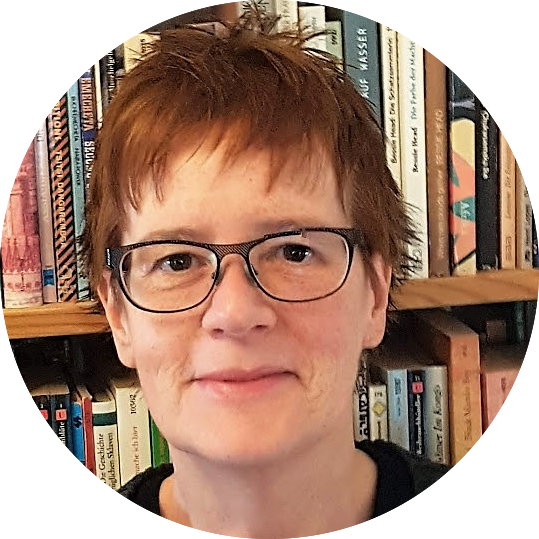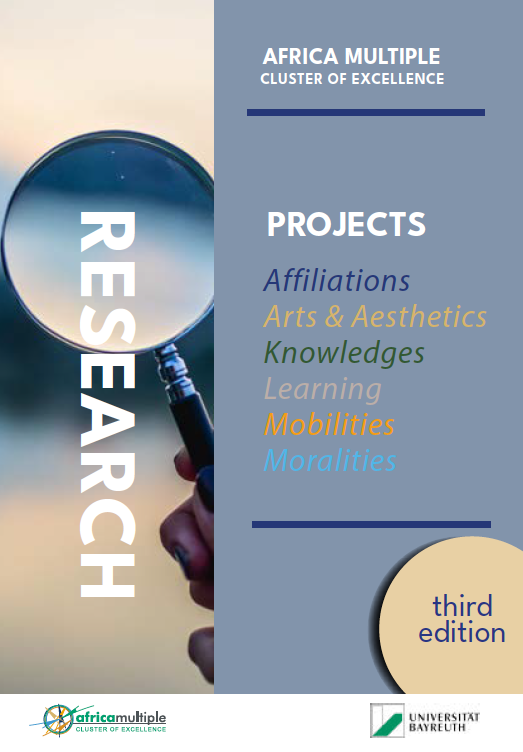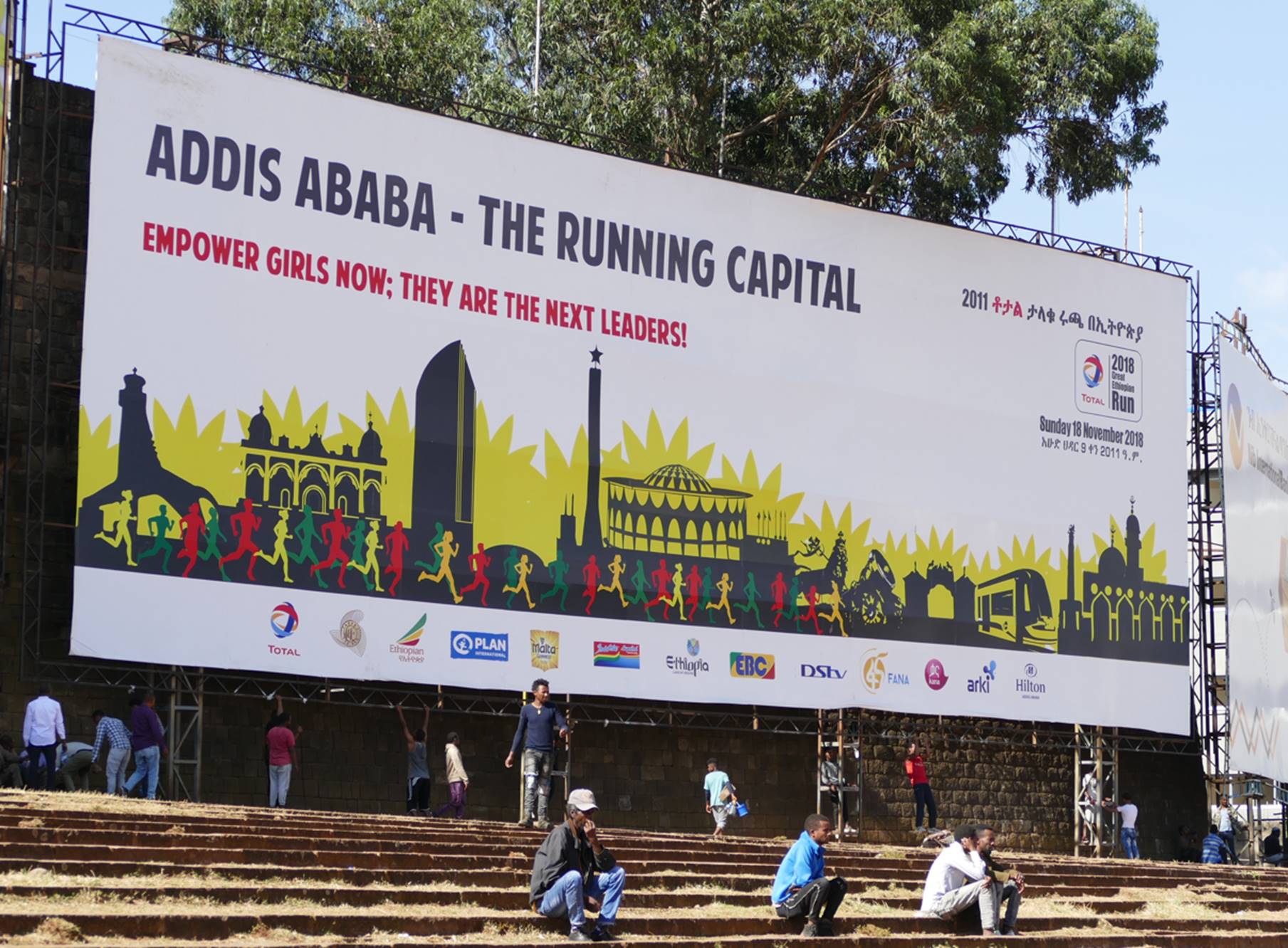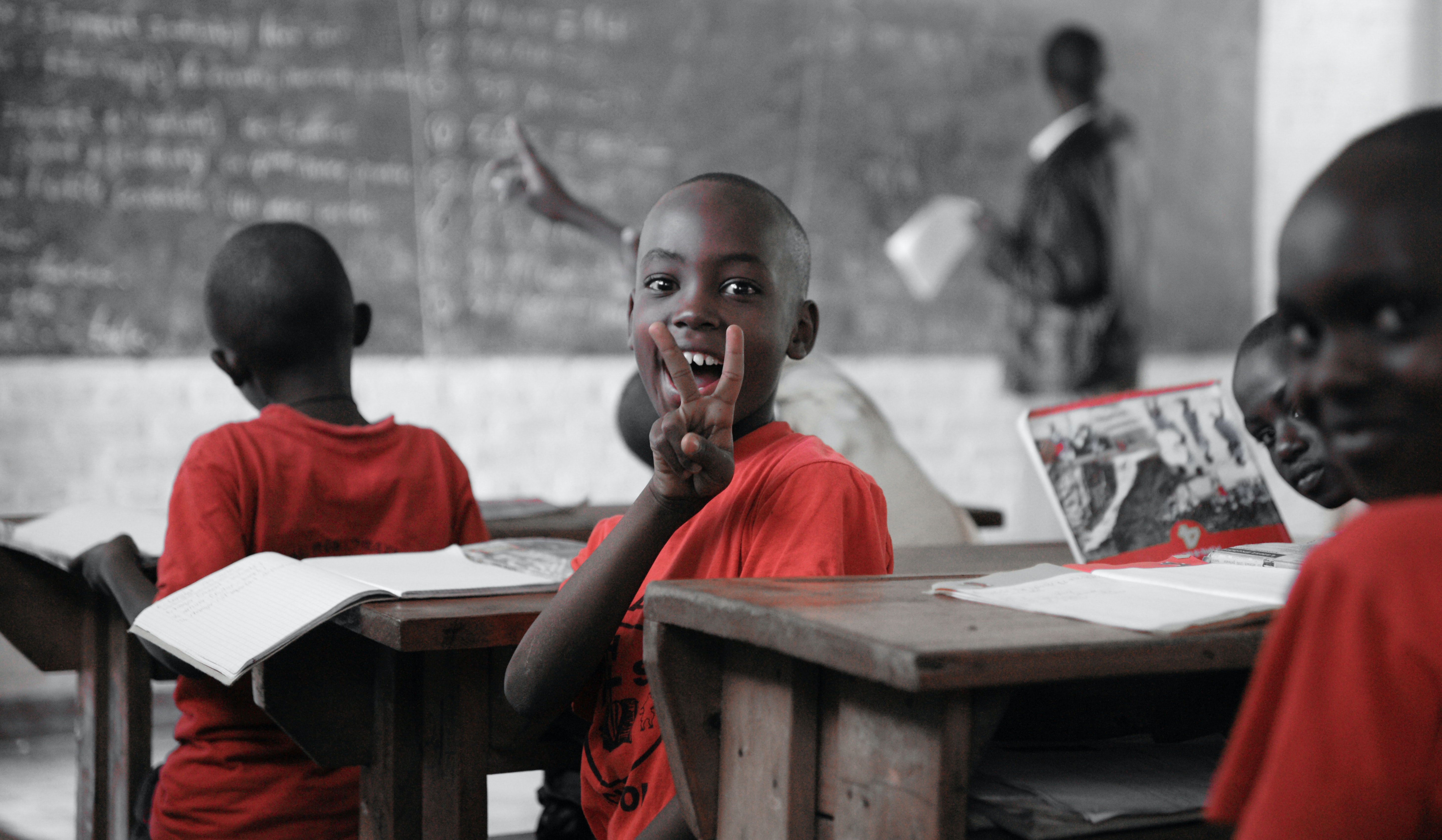PLURA 2.0: Project Learning and Resource Platform Africa
-
Research Section: Learning
-
Project duration: 01.07.2021 - 31.12.2022
Summary
The overarching goal of this project is to decolonize learning ‘about Africa’ in the classroom at schools in Germany. Both, in western societies and especially in classrooms, the construction of ‘Africa’ as an antithesis of ‘Europe’ is still dominant. The ideas and images are predominantly shaped by colonial discourses which are reproduced and still exist in textbooks, teaching materials and the perceptions of teachers and learners. Besides dominant narratives of ‘Africa’ as a continent dominated by conflicts, poverty and deficits as well as primitiveness and natural landscapes, the development of Africa, especially in terms of economic growth has gradually been considered. However, this perception is often based on a model of development which implicitly follows European norms.
Study shows that most teachers are not even aware of these various facets of Eurocentrism and, furthermore, they do not have ideas of how to deal with them in classrooms. Based on different didactic approaches (e. g. constructive understanding of space, multi-perspective perceptions and representations, post-colonialism) we are analysing existing teaching materials and will prepare current research findings from the Cluster to contribute to a multi-perspective view, by including voices, narratives and concepts from ‘Africa’ to be used in the classroom. Therefore, the project PLURA 2.0 provides an online-platform, which will offer continuously new teaching materials about ‘Africa’, in order to contribute to a deconstruction and critically reflection of Eurocentric perceptions of ‘Africa’. The forerunner initially started in 2017 as part of the knowledge transfer strategy of the Bayreuth Academy of Advanced African Studies (funded by the German Federal Ministry of Education and Research, BMBF); the initial database was launched in May 2019, and is currently analysed and updated, in compliance with the outlined project methods.
Key Questions
This project seeks to address the following questions:
- To what extent does the material reproduce Eurocentric perspectives on ‘Africa‘?
- To what extent are stereotypical images deconstructed and critically reflected?
- To what extent does the material provide a multi perspective view and presentation of ‘Africa‘?
Methods and Concepts
‘Africa’ as the main concept in the project is primarily perceived as a social and spatial construct, shaped and influenced by discourses. In Germany and other ‘western’ societies, ‘Africa’ is mostly perceived and depicted in negative ways. On the one hand, war, hunger, and other catastrophes, and on the other hand, romanticized ideas of ‘wild’ landscapes and animals are commonly associated with the continent. Several research findings and studies have shown that these stereotypical images and perceptions of ‘Africa‘ are still reproduced in textbooks and teaching material and have been reproduced for decades. Even though recent textbooks try to overcome predominantly negative images, the material still presents mostly Eurocentric and western-dominated perspectives on ‘Africa‘. Besides the general understanding of ‘Africa‘ being a social construct, the project’s understanding of ‘Africa‘ goes beyond a (mostly implicit) focus on sub-Saharan ‘Africa‘, but considers concepts of ‘Africa‘ influenced by Panafricanism and the African diaspora.
Within the project, “learning” is defined as “learning about Africa.” The target group are primarily students and schools in Germany. The main focus is on the possible output of learning and on how to reach that output. The goal of learning “about Africa” is to relativize one’s own view or ethnocentric, especially Eurocentric images of Africa. Based on different didactic approaches (e. g. constructive understanding of space, m u l t i - p e r s p e c t i ve perceptions and representations, post-colonialism) we critically analyse, re-conceptualize and refine existing teaching materials, and develop new material. As subsequent steps the material is supposed to be evaluated by teachers in class. Also, in discussions with researchers from the Africa Multiple Cluster we will prepare and adapt relevant current research findings to contribute to a multi-perspective view, by including voices, narratives and concepts from ‘Africa’ to be used in the classroom.
Vision
The project’s vision is to contribute to overcome stereotypical images of ‘Africa‘ in schools in Germany, by offering teaching material for teachers that contributes to critically reflect own stereotypes and also offers a multi perspective perception of ‘Africa‘.
Contribution to the Cluster’s Aims & Goals
One of the main objectives of the Cluster’s agenda is to conceptualise and implement effective strategies for public engagement and knowledge transfer. The Cluster thus benefits from public outreach formats that foster transfer of knowledge into educational and contexts outside of academia, making the knowledge created within the framework of the Cluster accessible to interested target groups, like lay people, practitioners, and teachers and pupils in the classroom, the places of early knowledge transmission. A core piece of the knowledge transfer is the learning and resource platform (PLURA), which is designed and implemented in cooperation with the Chair of Didactics of Geography and the Centre for Global Learning. Together with the project staff, teachers from different schools, African colleagues and other staff from University, teaching resources and didactic materials will be produced. We will intensify synergy between the Afrika@School program, where graduate (PhD) students from the Bayreuth International Graduate School of African Studies (BIGSAS) or members of the Model African Union (MAU) Bayreuth e.V. visit local schools to disseminate knowledge of Africa and thereby counter common misperceptions of the continent, and the project PLURA 2.0, to facilitate the process of learning and unlearning.
Project Team

Prof. Dr. Gabrielle Schrüfer
Geography Education
University of Bayreuth

Dr. Doris Löhr
Africa Multiple Cluster of Excellence
University of Bayreuth

Larissa Sarpong M.Ed.
Doctoral Student
Geography Education
University of Bayreuth
Further Links / Key References
- Kersting, P. (2011): AfrikaSpiegelBilder und Wahrnehmungsfilter: Was erzählen europäische Afrikabilder über Europa? In: P. Kersting, K. W. Hoffmann (Hrsg.): AfrikaSpiegelBilder. Reflexionen europäischer Afrikabilder in Wissenschaft, Schule und Alltag. – Mainz, S. 3-10 (Mainzer Kontaktstudium Geographie, 12). Online available: https://www.philippe-kersting.de/app/download/11663951428/Kersting%20 2011%20-%20MKG12%20Wahrnehmungsfilter.pdf?t=1543876618
- Marmer, E., Sow, P. (2015): Rassismus, Kolonialität und Bildung. In: Marmer, E., Sow, P. (Hrsg.): Wie Rassismus aus Schulbüchern spricht. Kritische Auseinandersetzung mit ›Afrika‹- Bildern und Schwarz-Weiß-Konstruktionen in der Schule. Ursachen, Auswirkungen und Handlungsansätze für die pädagogische Praxis. – Weinheim, Basel, S. 14-25. Online verfügbar unter: https://download.e-bookshelf.de/download/0003/8622/65/LG- 0003862265-0008017157.pdf
- Sarpong, L., Schrüfer, G. (2021): Zur (De-)Konstruktion ‚Afrikas‘ im Geographieunterricht aus post(-)kolonialen Perspektiven. In: Steinbrink, M., Gebauer, M. u. D. Anhuf (Hrsg.): Afrika – ein Kontinent in Bewegung. Band 16, S. 9-16.
- Schrüfer, G. (2012): „Afrika“ im Geographieunterricht. Online available: https://www2.klett.de/sixcms/media.php/229/afrika_im_geounterricht.pdf
- Schrüfer, G. (2013): Zur Repräsentation von Afrika im Geographieunterricht. In: D. Müller-Mahn, G. Obermaier (Hrsg.): Afrika.– Bayreuth, S. 15-26 (Bayreuther Kontaktstudium Geographie, 7).
- Schwarze, S. (2020): Die Konstruktion des subsaharischen Afrikas im Geographieunterricht der Sekundarstufe I. – Münster. Online available: https://repositorium.uni-muenster.de/document/miami/e8f97daf-1ee7-44a6-a7b1- fa4737eedbfe/diss_schwarze_buchblock.pdf
- Link to PLURA homepage: https://www.africamultiple.uni-bayreuth.de/en/Public-outreach/PLURA/index.html




